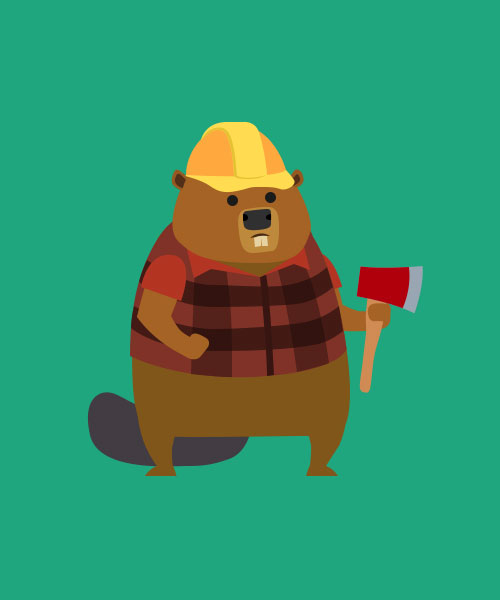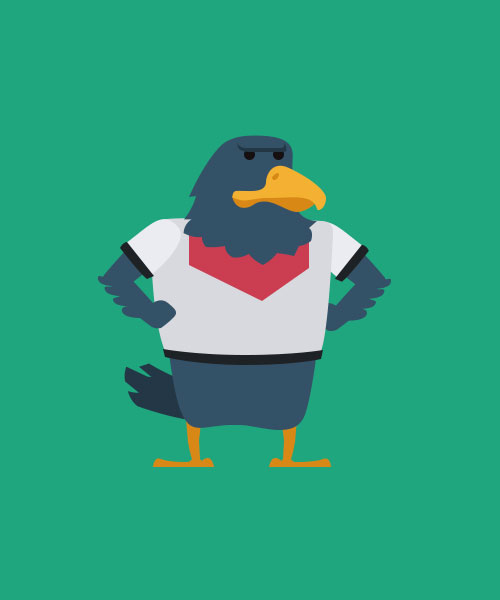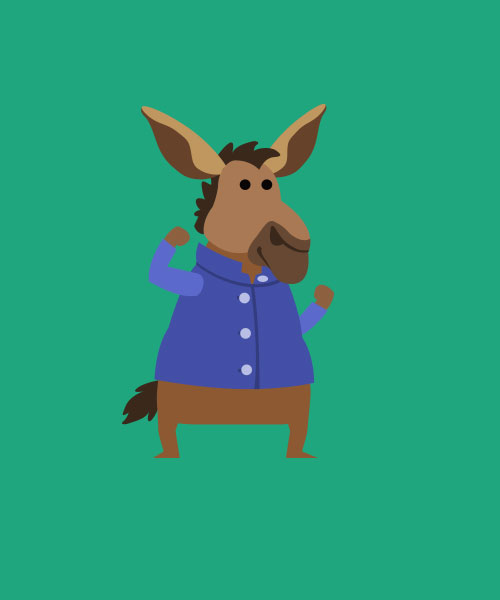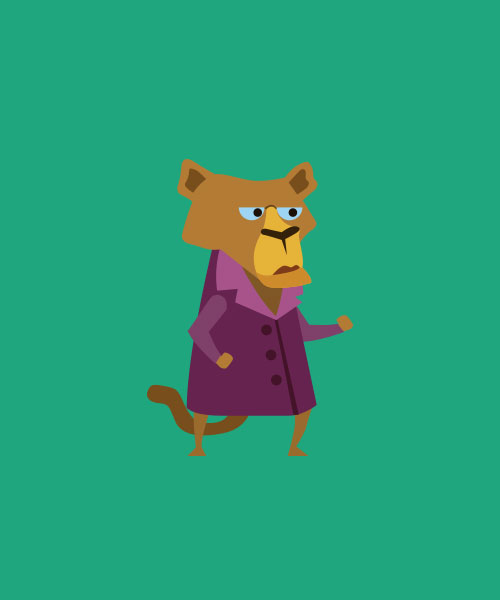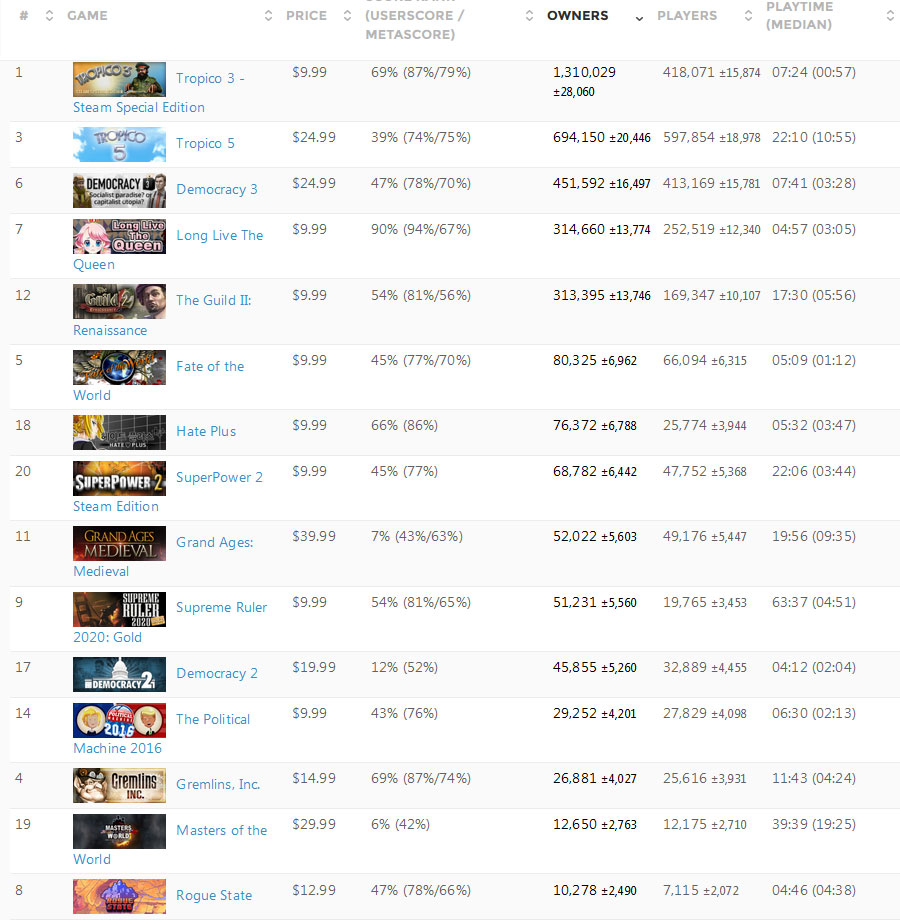My team gave me a week to work on this, May 2-8, 2016. I'm not so sure if it would work. What if looking for a better AI takes time, like it would take days running the simulation. I certainly thought so because the assessment function is to let two AI players pit against each other. The one who wins has a bigger fitness score. Now, a single playthrough takes time, even if I speed it up. The point is, making the GA could be a waste of time.
The first thing I did is I made a fast mode of our game. No animations, movement becomes teleportation, removed the standby/wait times, etc. It wasn't easy. I don't have time to write another version of the game solely for GA. Instead, I'm using what we have now and provided a mode that it can be played extremely fast. Finally, I have a mode where AI vs AI takes around 1 minute to complete 15 turns. Still not fast enough, but quite good already.
Then I made something called a “multi frame” GA. Basically, it's GA that is spread in multiple frames. Note that the assessment function is for AI to play the game. So the GA must wait for such game to end before it can move to the rest of the algorithm. In fact, if there are 10 indiduals in a generation, 10 games must be played before moving on to spawn the next generation.
Our AI configuration is all code. We use a utility based AI, by the way. It is represented as a set of “task scorers”. Each scorer has an arbitrary set of “considerations”. These considerations are classes that help compute the score for the task. The AI generates all the possible tasks, scores them using the scorers, and picks the one with the highest value.
My plan is to use GA to generate different combinations of these scorers and considerations until we get the one that beats the current best configuration. Before anything else, I needed my configuration to be saved in a file. Every time the GA finds a better AI, it should save the configuration in a file. So I turned the AI configuration into XML. I used the class names and variables of consideration classes in this file. I load them back using reflection. It looks like this now:
<ScorerSet id="IndividualZero" fitness="1" timestamp="">
<Scorer taskId="Bribe">
<Consideration name="BlockadedDistrictConsideration" />
<Consideration name="TerrorizedConsideration" />
<Consideration name="MinimumBudgetConsideration">
<Variable type="NamedInt" name="minimumBudget" value="1000" />
</Consideration>
<Consideration name="ReachableConsideration">
<Variable type="NamedFloat" name="multiplierIfUnreachable" value="0" />
</Consideration>
<Consideration name="MustHaveMatchingPlatformConsideration" />
<Consideration name="ReachReputationConsideration">
<Variable type="NamedFloat" name="populationPercentage" value="0.85" />
</Consideration>
<Consideration name="BonusTuningConsideration">
<Variable type="NamedFloat" name="bonusToSet" value="1.0" />
</Consideration>
<Consideration name="CommandPointsConsideration" />
<Consideration name="NeighborCountConsideration">
<Variable type="NamedInt" name="desirableCount" value="4" />
</Consideration>
<Consideration name="OpponentStaffCountConsideration" />
<Consideration name="BribeBetterThanCampaignConsideration">
<Variable type="NamedInt" name="minReputationGainDifference" value="1000" />
<Variable type="NamedInt" name="rankIfMet" value="17" />
<Variable type="NamedInt" name="bonusIfMet" value="10" />
<Variable type="NamedFloat" name="multiplierIfMet" value="5" />
</Consideration>
<Consideration name="ScandalCountReachedConsideration">
<Variable type="NamedInt" name="scandalCount" value="4" />
<Variable type="NamedFloat" name="multiplierIfMet" value="0" />
</Consideration>
</Scorer>
<Scorer taskId="RaiseFunds">
<Consideration name="BlockadedDistrictConsideration" />
<Consideration name="TerrorizedConsideration" />
<Consideration name="ReachableConsideration">
<Variable type="NamedFloat" name="multiplierIfUnreachable" value="0" />
</Consideration>
<Consideration name="HasSignificantFundsConsideration">
<Variable type="NamedInt" name="preferredAmountToRaise" value="1000" />
</Consideration>
<Consideration name="BonusTuningConsideration">
<Variable type="NamedFloat" name="bonusToSet" value="1.0" />
</Consideration>
<Consideration name="LowFundsConsideration">
<Variable type="NamedFloat" name="fundsThreshold" value="0.3" />
</Consideration>
<Consideration name="CommandPointsConsideration" />
<Consideration name="HigherReputationConsideration" />
<Consideration name="NeighborCountConsideration">
<Variable type="NamedInt" name="desirableCount" value="4" />
</Consideration>
<Consideration name="NearBailiwickConsideration" />
</Scorer>
<!-- ... Rest is ommitted -->
</ScorerSet>
The mutation function then is just a matter of:
Crossover between two individuals is simply swapping a random number of considerations.
For the initial population, I used our existing AI as a starting point. I called it “Individual Zero”. The first population are individuals that are mutated versions of him. Now with all the pieces together, I have a GA that looks for a better AI.
First Runs
When I was about to finish, I was too excited to run it. I know it will take time so I plan to run the simulation overnight when I'm asleep. It was Saturday night. I'm sleepy and tired. I fixed some errors that would potentially halt the simulation. I set the settings for the fast mode. Every game lasts only 15 turns. The population size is set to only 10. Then finally I let the baby run. I watched the first few AI matches. After a while, nothing goes wrong, I locked the laptop and went to bed.
When I woke up, I checked it immediately. The simulation had hung. I looked at the Task Manager. 90% RAM usage. So I closed it. But lo and behold, it generated 10 AI configurations, each one better than the last one before it. So I was like “that went well”. I pushed my work and restarted my laptop. Then my laptop won't start. It only said “Diagnosing Your PC”. But I wasn't worried. I know I didn't do anything stupid. The simulation just probably messed up the memory. An hour later, my laptop was alive again. I immediately fixed the memory leak. Lesson learned when writing a resource intensive GA like this one.





